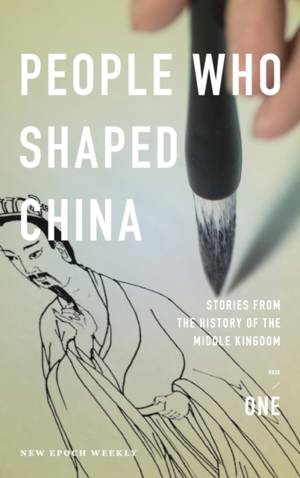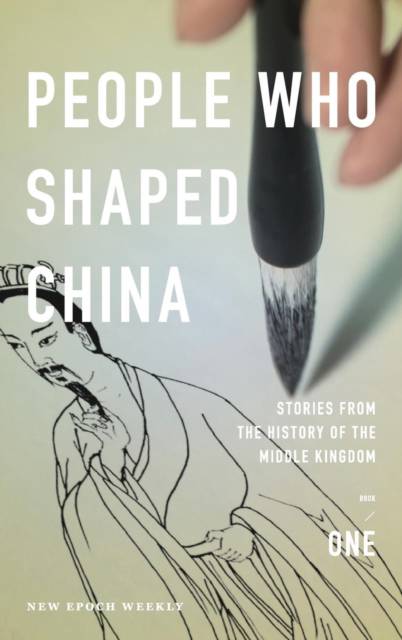
- Retrait gratuit dans votre magasin Club
- 7.000.000 titres dans notre catalogue
- Payer en toute sécurité
- Toujours un magasin près de chez vous
- Retrait gratuit dans votre magasin Club
- 7.000.000 titres dans notre catalogue
- Payer en toute sécurité
- Toujours un magasin près de chez vous
Description
When President Donald Trump visited Beijing, he showed a video of his granddaughter Arabella Kushner speaking Mandarin to the Chinese leader. The two-minute clip went viral on the internet, and Arabella became a minor celebrity among Chinese viewers.
Like Ms. Kushner, more and more people are learning Chinese as China re-emerges as a great power with global influence. Yet for the majority of westerners, China remains a very foreign country, and the Chinese a perplexing people.
Seen from a historical vantage point, China is a very unique nation. It has been said that American history is
divided into decades, European history into centuries, and Chinese history into millennia. For the last 3,000 years, China is the only country in the world that has kept unbroken historical records. People and events of the distant past fill the memories of the Chinese people. It was they who created Chinese civilization and culture, and the people living in China today.
Isolated from the rest of the world, millions of square miles of land within great natural barriers gave rise to a unique civilization. To the east and south is the endless Pacific Ocean. In the north, steppes and deserts stretch into the frozen Siberian tundra. In the west lies the plateau of Tibet and the massive peaks of the Himalaya mountains. Two great rivers, the Yellow River and Yangtze Jiang, flow ceaselessly from west to east. The people living there called their nation the Central Country--China.
History is abstract, but its characters were real, living people. Each civilization is rooted in its history. The history remembered by its people guides its journey into the future. To understand the Chinese, we must understand Chinese culture. To understand Chinese culture, we must understand Chinese history.
Presented in three volumes are stories of characters who shaped the history of the Chinese from past to present. By knowing them, you will begin to understand today's China.
Spécifications
Parties prenantes
- Auteur(s) :
- Editeur:
Contenu
- Nombre de pages :
- 234
- Langue:
- Anglais
- Collection :
- Tome:
- n° 1
Caractéristiques
- EAN:
- 9789881234971
- Date de parution :
- 20-09-18
- Format:
- Livre relié
- Format numérique:
- Genaaid
- Dimensions :
- 152 mm x 229 mm
- Poids :
- 512 g







